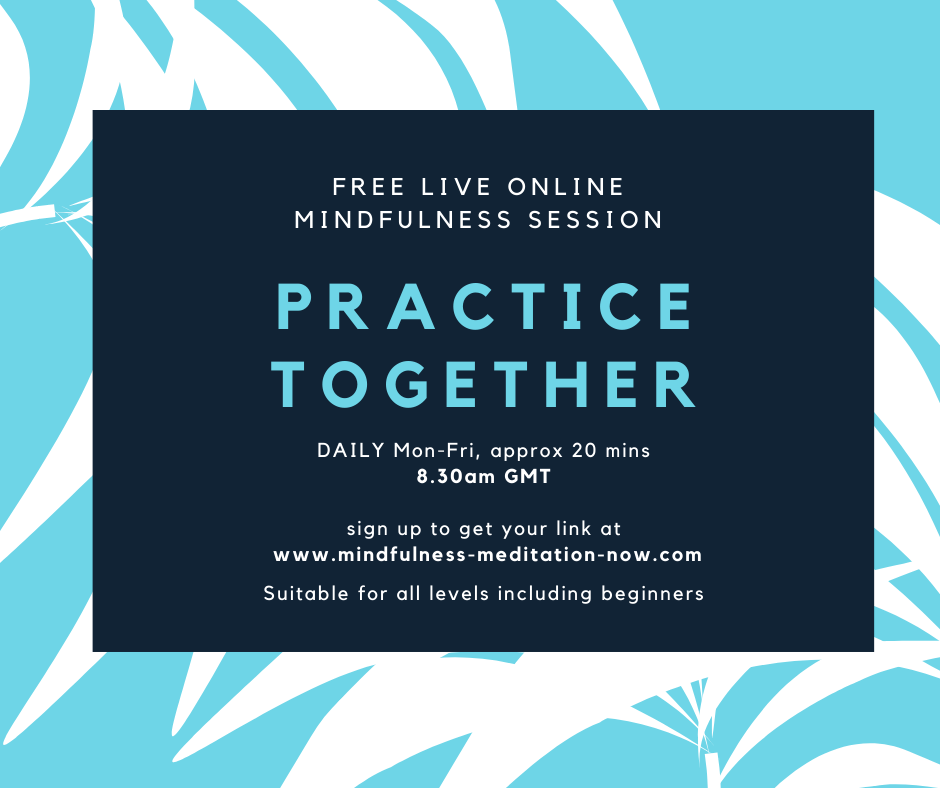Mindfulness-based Stress Reduction
In 2009 it will be 30 years since the first Mindfulness based stress reduction (MBSR) course was held at the University of Massachusetts General Hospital, USA. Since then many thousands have benefited from MBSR and also MBCT (Mindfulness-based Cognitive Therapy) which is based on MBSR with some additional CBT elements. Although the class at UMASS was the first time mindfulness had been taught in this particular 8-week format, mindfulness is actually a way of investigating the mind that has been around for over 2600 years.
Research has shown that the 8-week course has been particularly helpful for people suffering from:
- recurring depression (although we advise you not to take the course if you are currently depressed)
- anxiety
- chronic pain
- psoriasis
- chronic fatigue syndrome
- life stress
Although the 8-week course was originally developed as way of teaching those with chronic medical conditions how to live with whatever they had, it has since been used for a wide range of different physical and psychological conditions as well as to develop general life skills in the boardroom, the sports hall, schools, prisons and many other places.
You don’t need to be sick to benefit from learning about mindfulness meditation. Regularly practising mindfulness meditation has been shown to:
- improve focus and concentration
- improve working memory
- increase compassion and empathy
- increase perspective taking
- improve handling of difficult emotions
- create a greater sense of with others and the world around us
- improve confidence
You can find out more about the Benefits of Mindfulness here
How to Learn Stress Reduction Through Mindfulness
You can learn mindfulness meditation with the traditional 8 week course which is what the majority of the research evidence is based on. This course is delivered in two different formats:
- Eight x two-hour sessions every week. These sessions are usually held in the evening 7-9pm
- Four sessions every other week. Three 4-hour sessions and one all day session. These sessions are usually held on a Saturday. Between sessions you will receive email support. This course format is particularly beneficial if commitments make it difficult for you to make all the weekly evening sessions or perhaps have far to come.
The course content of both formats is identical. The course is made up of:
Pre-course Phone Call
This is an opportunity for you to tell us why you would like to do the course. It is a chance to ask any questions and find out more about the course and what it entails and to make sure this is the right time for you to be doing the course.
Generally we recommend you don't take the course if you are currently depressed or have suffered a significant bereavement or life event/diagnosis in the previous 6 months. However please do get in touch if you are not sure and would like to find out more before making a commitment here
Class sessions
Class sessions are made up of meditation practice, discussion and teaching.
There is no time and nor is it appropriate to discuss about personal issues. The classes are not group therapy and should be approached more in the spirit of adult education classes.
Discussion is done in pairs, small groups and the group as a whole. There is no pressure on participants to talk.
Meditation practices you will learn include: the body scan, movement (walking, yoga, qiqong) and sitting meditation.
Additional practices such as the Mountain or Lake Meditation, or Loving Kindness may be introduced. All the practices we do are the same as those included in the original mindfulness based stress reduction course.
During the course you will learn to meditate and establish your own meditation practice – both formally and informally – ie. bringing mindfulness into your everyday life at home, work and social activities, not just when you meditate.
Home Practice
Home practice is an important part of the course and participants are asked to commit to doing the home practice 6 days out of 7. Home practice is in the form of listening to guided meditation cds and doing additional activities through the day eg. doing a routine activity mindfully. There are options for doing shorter or longer practices but approximately 20-45 minutes per day depending which practices you choose.
Everyone finds it a challenge doing the practice in already busy schedules but this is where the majority of learning takes place. It is important that you think about how you are going to do it and if you don’t think you can, it is perhaps not the right time for you to be doing the course.
Retreat element
Both courses have a retreat element which is an opportunity to deepen your practice. This part of the course is opportunity to engage in a longer period of practice. Sometimes we are joined by participants from previous courses.
Follow-Up Support
We know how important it is to have on-going support to help your meditation practice. Therefore, after the 8-week mindfulness based stress reduction course is over you will be invited to attend any future all-days and also to attend our Meditation Maintenance Follow-up Sessions which are only open to graduates of the 8-week course. These are 3 month blocks of one session per month.
You can find out more about the instructors teaching this course
here
Leave Mindfulness based Stress Reduction to return to How to Meditate here

